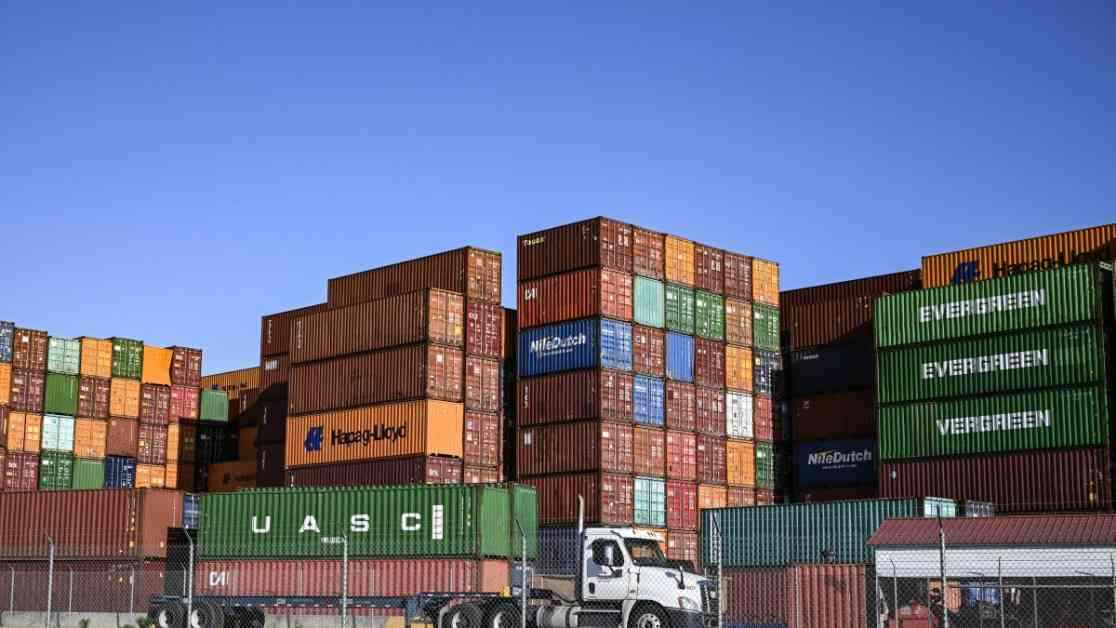President Trump’s recent decision to continue tariffs on Chinese goods has sparked widespread debate about the necessity of his trade war with China. This move comes after a 90-day pause on tariffs for other countries, signaling a clear focus on China as the primary target of America’s economic and geopolitical concerns. Trump’s actions reflect a lifelong commitment to reshaping the U.S.-China relationship, driven by his unique perspective as a native New Yorker from Queens and his outsider status among traditional elites.
Trump’s stance on trade can be traced back to the 1980s when he first raised concerns about Japan’s economic dominance and advocated for tariffs to address trade imbalances. Over the years, he has consistently applied this logic to China, criticizing practices like currency manipulation and intellectual property theft. During his presidency, Trump took concrete steps to confront China’s trade practices, implementing tariffs and filing WTO cases to address unfair competition.
The recent escalation of tariffs against China represents a culmination of Trump’s efforts to reset the economic relationship between the two countries. While immigration has been a headline issue for Trump’s administration, trade has always been a core concern for him. His actions are rooted in a belief that China’s unfair practices have had a detrimental impact on American industries and national security.
The justification for Trump’s trade war with China is underscored by the failures of past policies that sought to integrate China into the global economy. Promises of mutual benefit have not materialized, with China engaging in practices like intellectual property theft, drug trafficking, and strategic alliances with hostile actors. The impact of these actions has been felt across various sectors, from manufacturing to public health, highlighting the urgency of addressing China’s behavior.
Experts warn that escalating tariffs could have unintended consequences, such as disruptions to supply chains and retaliatory measures from China. Small businesses, in particular, face challenges in adapting to higher costs and limited production alternatives. Despite these concerns, supporters argue that tariffs are necessary to protect American interests and revitalize domestic industries.
In the face of ongoing debates and uncertainties, one thing remains clear: Trump’s trade war with China is a reflection of his commitment to challenging the status quo and prioritizing American interests. The road ahead is fraught with challenges, but the need to address China’s unfair trade practices is a shared concern that transcends political divides. As the world watches the unfolding dynamics between the two economic giants, the implications of this trade war will reverberate far beyond their borders.














